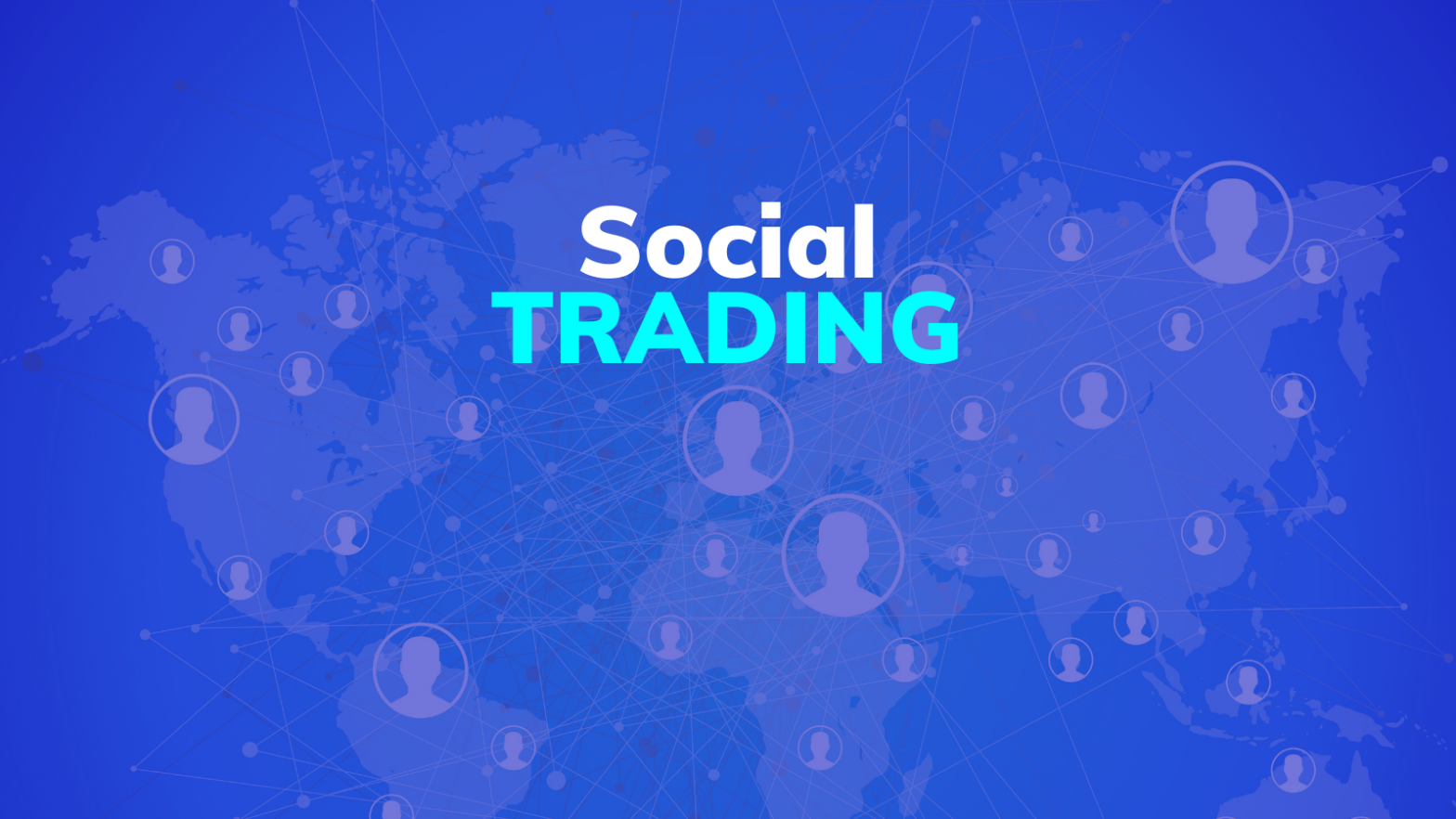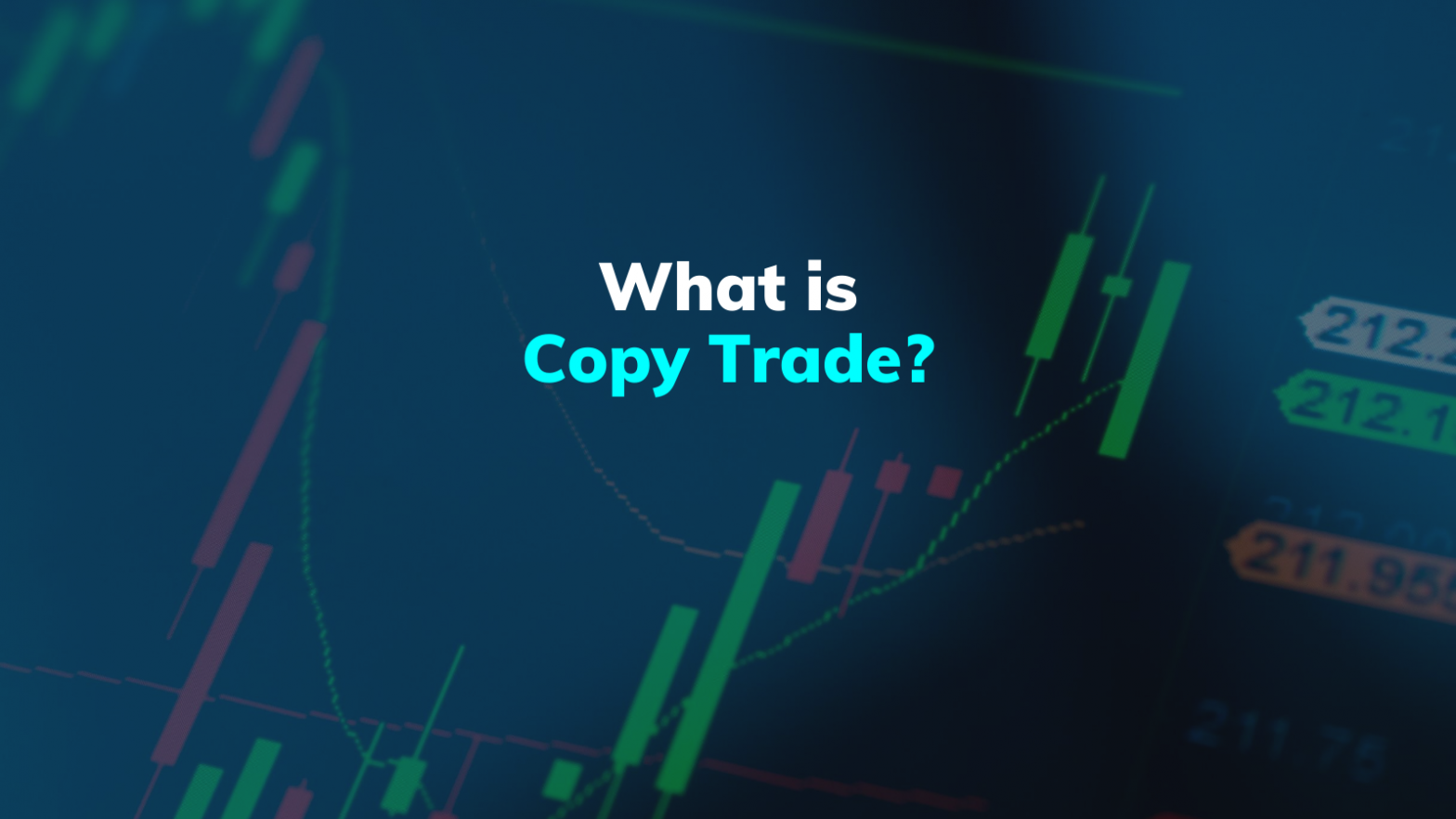
Investment, in general, requires knowledge and experience, requires attention and timing to keep up to date with news that affects the business world and also the knowledge to understand trends, read charts and analytical reports.
If you do not have these capabilities, it is very likely that you will lose money on an investment, you will be frustrated, you may not even try to invest again, or you do not recommend it, or you may be stubbornly wanting to get back the initial investment and may lose even more.
But Social Trading is useful for helping those without these expertise and helping to overcome these challenges.
And so what is Social Trading?
Social Trading is a form of investing that allows investors to observe the behavior of experienced traders and follow their investment using a form of copy strategy or mirror trading. This means of trading requires little or no knowledge of the markets in which it operates, as a trader’s experience is used.
It is an alternative way to analyze data, watching what others are doing, copying their techniques and strategies, thus not needing to deepen knowledge in technical or fundamental analysis.
Basically it is a social network of trading, which instead of posting photos, selfies, etc, participants interact, observe trading results from other professionals and discuss real-time market situations.
How did Social Trading come about?
MIT scientist and researcher Yaniv Altshuler described Social Trading networks as complex adaptive systems and, in his 2014 eToro OpenBook survey, wrote that “Having the inherent ability to share ideas and information with each other, users OpenBook users get a new source of information, which they can use to improve their trading performance. Because users are not fighting against each other, but against the market, this situation becomes a zero-sum game, encouraging users to share as much information as possible.”
Since then, the World Economic Forum and several studies have described Social Trading as a disruptive way, as they offer sophisticated, low-cost alternatives that anyone can use.
The Features of Social Trading
• Information Flow: Social Trading involves the free flow of information among participants, free access to information is important in the financial market as it increases interest on a small scale so individual investors can participate.
• Cooperative Negotiation: This is a way that allows Social Trading the opportunity to collaboratively negotiate in teams, whether through fundraising, research division and information sharing;
• Monetization: In social networks, monetization is not always clear. In Social Trading, this is explicit, the goal is to make everyone win, both those who enter with investment, both those who enter with knowledge;
• Transparency: Social Trading platforms reveal performance statistics, open positions, closed positions, past profits, past losses, market sentiment, thus providing their members with complete information to assess the credibility of those who collaborate by creating strategies on the platform.
What are the benefits of Social Trading?
• Fast Access to Trusted Trading Information: Social Trading platforms reduce the process of searching for trusted trading information by providing information to professional traders around the world and interacting with traders.
• Rapid Market Capture: Social Trading and its platforms reduce the duration and cost of becoming a professional investor, allowing you to learn from experienced traders quickly and efficiently.
• Earn while still learning: While you are learning, you can earn by copying the strategies and operations of professional traders, so you don’t have to wait until you have all the knowledge you need to start earning.
• Build a business investor community: Platforms enable you to create investor communities where you interact and share information, and collaborate on different endeavors. Because they are online platforms, you can access information from around the world, easily, quickly as long as you have the internet.
There are four main types of trading in Social Trading.
• Single Trading: The less experienced trader makes a single normal trade based on another experienced trader alone;
• Market Copy: The less experienced trader performs exactly the same as the experienced trader and single trader, several operations;
• Portfolio Copy: The less experienced trader copies the entire portfolio from an experienced trader, where the experienced trader receives a share of the profits generated from the strategies;
• Trading Mirror: The less experienced trader automatically executes all trading from the experienced trader, follows exactly everything.
Finishing
Knowing all this information, we learned that Social Trading allows users to freely exchange information and help them make investment decisions, harnessing the power of the community. Platforms are for all types of users, from the most experienced to the most layman and everyone can benefit.
We hope you enjoyed this information, that you have taken some questions about this new way of trading. Any questions or experience you would like to share with us, feel free to use the comments and join our Telegram group.


